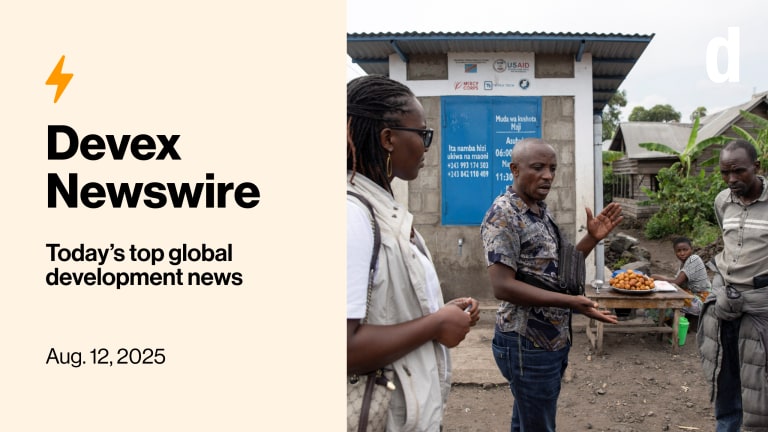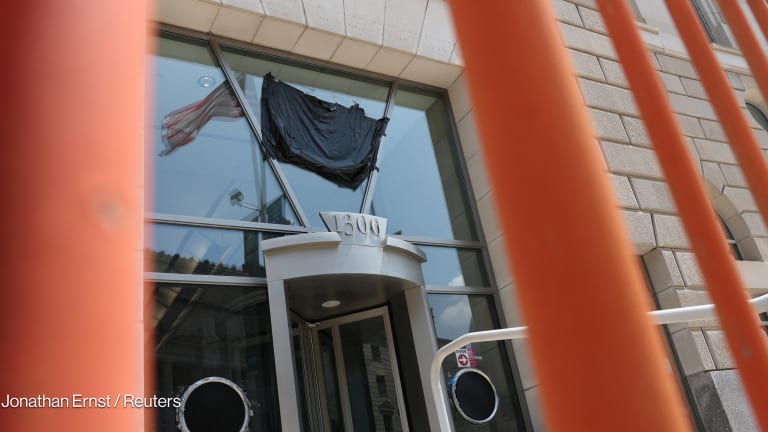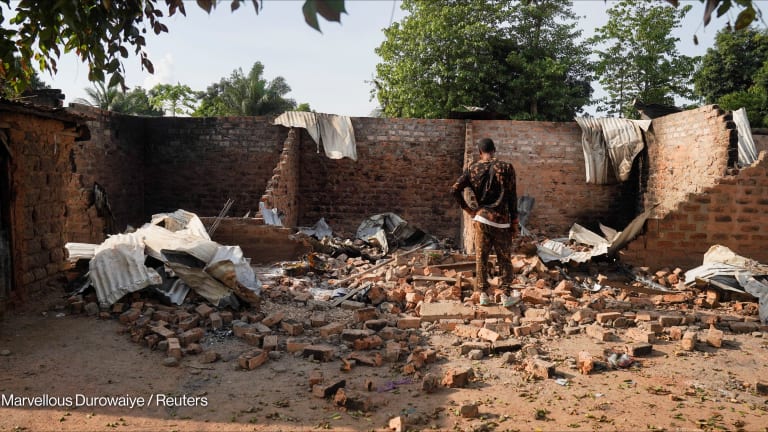Top officials at the U.S. Agency for International Development went on a world tour last month, visiting missions from the Philippines to El Salvador just days after the agency formally ceased to exist on July 1.
“It’s like a victory lap, and to be able to go to Congress and say, ‘Hey, we oversaw an orderly transition from USAID to the State Department,’” said a senior official at one of those missions. “But there’s nothing orderly about this.”
The State Department did not answer a request for comment on the trip, nor explain what it was meant to accomplish after USAID was officially shut down. The group was led by Ken Jackson, USAID’s deputy administrator for management and resources. Jackson was accompanied by Marcus Thornton, USAID’s deputy chief of staff — a diplomat who is also the co-founder of Feds for Freedom, an anti-vaccine organization created by federal employees and others to fight against "government overreach” during the COVID-19 pandemic.








